One of the meaningful gifts that Dr. Nguyen Thi Thanh Xuan received from her students was a photo album with a series of wishes from her students.
The custom of the third day of Tet has a good meaning, reminding the tradition of respecting teachers, honoring teachers who have taught students to become famous and talented. According to Dr. Nguyen Thi Thanh Xuan, Head of the Department of Vietnamese Studies, Hanoi University, the word "teacher" here is not only limited to the scope of teachers who teach letters but also teachers who have taught ethics and passed on the profession.
Normally, on this day, students will visit and express their gratitude to their teachers for their guidance, share with them their work in the past year as well as their upcoming plans. However, if they live far away and cannot visit them in person, students still have many ways to send their best wishes to their teachers.
During her many years of teaching, the gift that Dr. Nguyen Thi Thanh Xuan remembers most on the occasion of “Teacher’s Day” is the album that the whole class designed themselves, containing souvenir photos of her and her students, along with a series of New Year greetings. There were also students who knitted her a scarf or a warm hat... “Every gift is very precious because it is full of the students’ affection for you,” Dr. Xuan said.
Dr. Xuan believes that true courtesy lies in the feelings and behavior, not in the "tasks that must be completed" or in asking teachers to pay attention to the child and make their studies smoother.
Therefore, gifts can simply be good wishes, with lucky money envelopes if the teacher is old. The meaning of preserving the tradition of Tet for teachers must always revolve around a sincere heart, gratitude to the person who taught you.
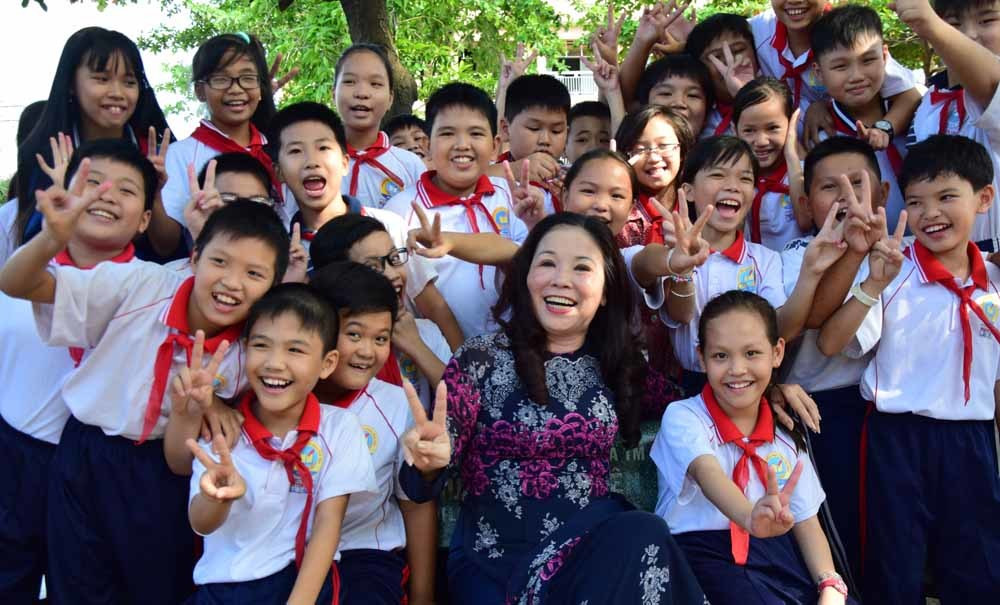
According to Professor Vu Minh Giang, Chairman of the Council of Science and Training, Hanoi National University, the custom of the third day of Tet not only means respecting teachers, but more broadly, respecting intelligence and morality.
“Teachers, past and present, still teach students two things: teaching them how to be human and teaching them knowledge. Teaching them how to be human includes teaching them “etiquette” – that is, teaching them how to behave; teaching them to have ambitions – that is, teaching them to have goals; teaching them compassion and tolerance; teaching them how to control themselves and teaching them how to distinguish between right and wrong, good and bad,” said Professor Vu Minh Giang, adding that the role of teachers in any era is important.
Therefore, the act of students showing respect and gratitude to those who taught them is no less important than Tet for their fathers and mothers.
“In ancient times, society believed that a person must respect knowledge and teachers in order to become a good person. Therefore, during the most sacred time of the year and also the days when many beautiful cultural values converge, the Teacher's Day celebration is even more meaningful.”
However, he believes that the Tet holiday should be in the heart of the student. It could be a couple of parallel sentences wishing the teacher or a precious book brought by the student as a gift for the teacher.
“Like me and some of my friends, when Tet comes, teachers often bring along the work they wrote in the past year to tell the good news to the person who taught them. Therefore, any Tet should be suitable for the teacher-student relationship. Gratitude should avoid turning into a mechanism of asking and giving,” Professor Giang stated his opinion.
Having witnessed the "half-crying, half-laughing" story when parents gave gifts but teachers did not want to receive them, Ms. Nguyen Thi Huyen (Thanh Xuan, Hanoi) said that in addition to choosing Tet gifts for teachers, the way of giving gifts is also very important, and should not be seen as an obligation.
“There are parents who prepare Tet gifts for teachers but do not come to their house, but instead call the teacher to come out and hand them over and take pictures right at the gate. This somehow makes the teacher feel insincere, so she feels embarrassed when receiving the gifts,” she said.
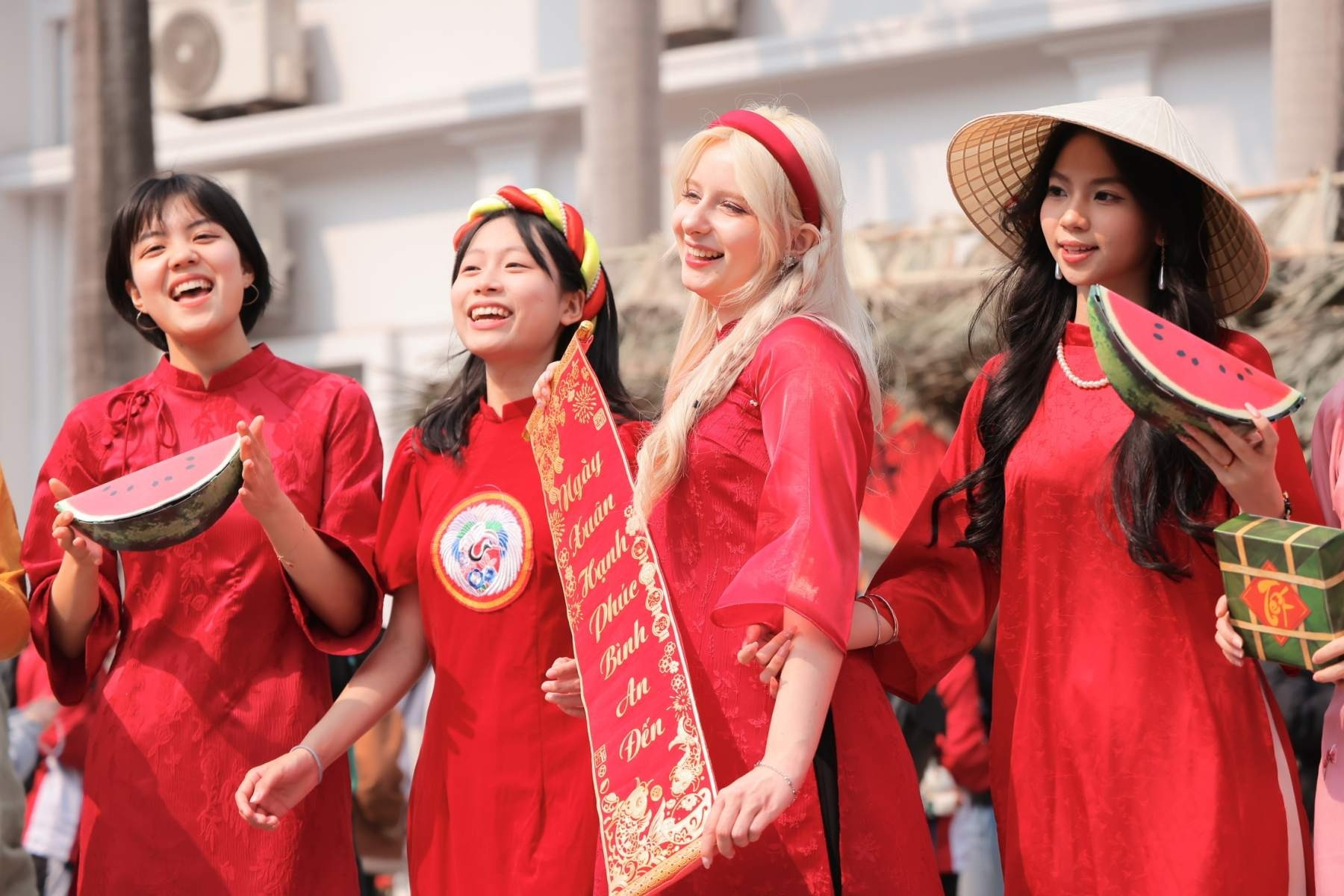
Source: https://vietnamnet.vn/mon-qua-y-nghia-ngay-mung-3-tet-thay-qua-loi-ke-cua-nu-tien-si-2366898.html












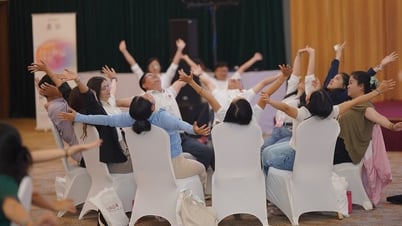

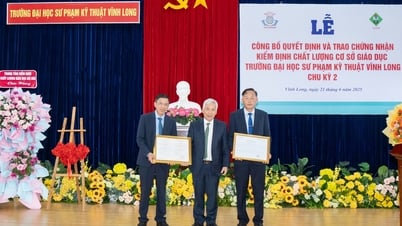














![[Photo] Central Propaganda and Mass Mobilization Department meets with exemplary journalists](https://vphoto.vietnam.vn/thumb/1200x675/vietnam/resource/IMAGE/2025/6/21/9509840458074c03a5831541450d39f8)




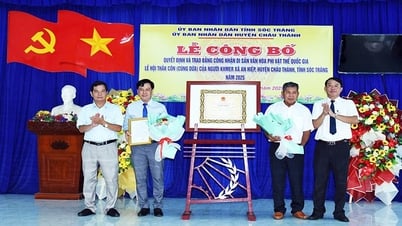

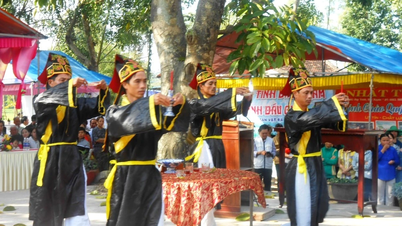

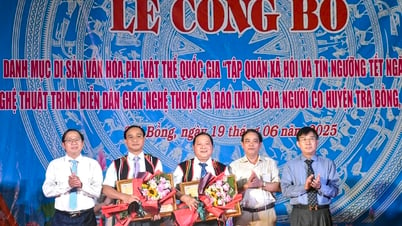





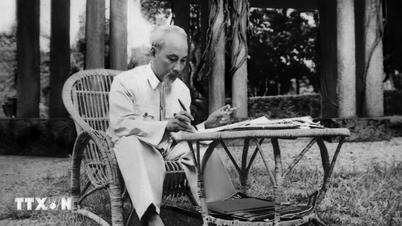



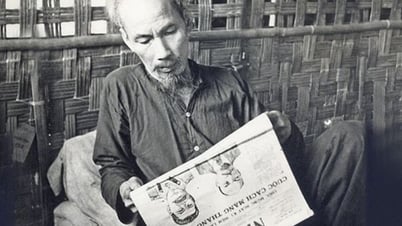





![[Maritime News] Wan Hai Lines invests $150 million to buy 48,000 containers](https://vphoto.vietnam.vn/thumb/402x226/vietnam/resource/IMAGE/2025/6/20/c945a62aff624b4bb5c25e67e9bcc1cb)










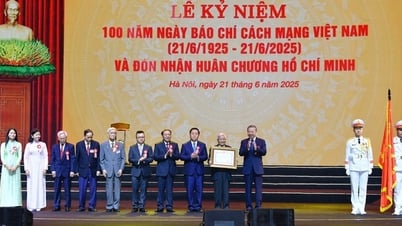

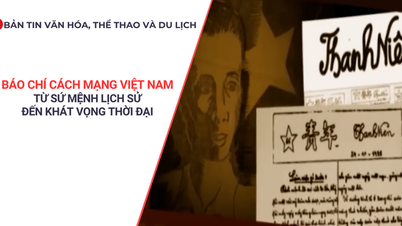






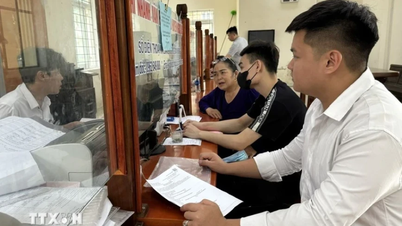

















Comment (0)